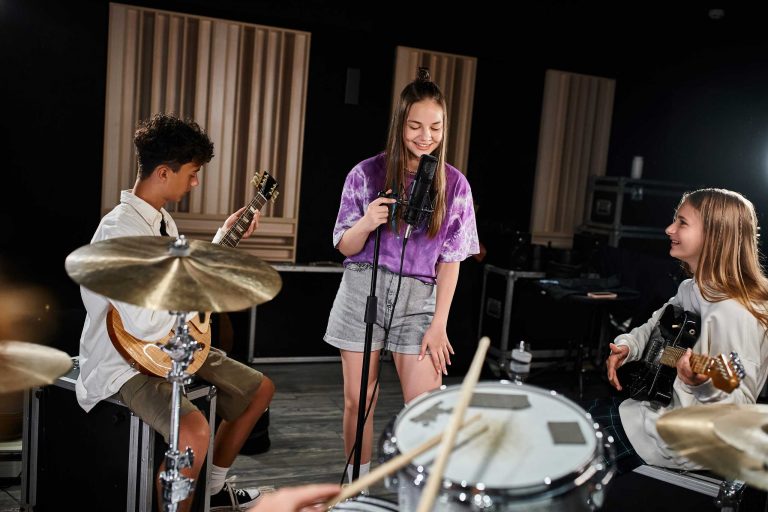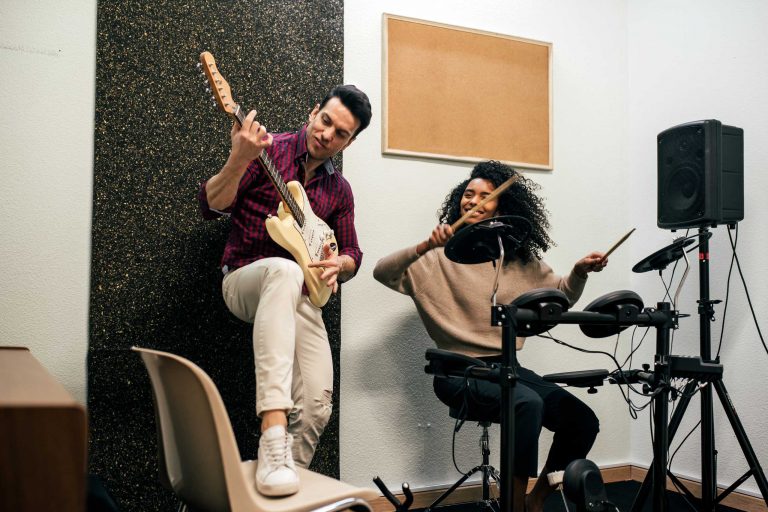Improvisation is a language — and like any language, you need words, phrases, and grammar to speak fluently. In jazz, your vocabulary is made up of scales, licks, rhythms, and musical ideas that you collect, practice, and personalize over time.
The good news? Building this vocabulary doesn’t mean memorizing endless patterns. It’s about listening, experimenting, and finding what truly speaks to you.
Why Vocabulary Matters
Imagine trying to tell a story without words. You’d end up repeating the same sounds or struggling to express new ideas. The same goes for improvisation. The more musical “words” you know, the more colors and emotions you can paint with your instrument.
A rich vocabulary gives you freedom — you can react quickly, craft longer solos, and shape your ideas with clarity and flair.
How to Grow Your Jazz Vocabulary
- Listen Intently: Absorb recordings of jazz legends and modern players alike. Notice the phrases they repeat, how they build tension, and when they use silence.
- Transcribe and Learn: Pick short solos or licks that move you and learn to play them exactly. This helps you internalize phrasing, rhythm, and style.
- Make It Your Own: Don’t just copy — adapt the phrases, change rhythms, add your own twists. Make the vocabulary uniquely yours.
- Practice in Context: Use backing tracks or play with others to try out your new “words” in real musical conversations.
Beyond Notes: The Grammar of Jazz
Knowing notes and phrases is one thing — but jazz also has a grammar: how you connect ideas, how you build tension and release, how you shape a solo’s story. Listening to great improvisers, you’ll hear them “talk” in sentences, with beginnings, middles, and endings.
Learning this grammar comes with experience and reflection. Record your solos, listen back, and think about how your ideas flow. Are you repeating? Are you answering yourself or others? Are you creating a narrative?
Express Yourself
Building a vocabulary is not about sounding like someone else. It’s the path to finding your voice. The most memorable solos are those that reflect the player’s personality, emotions, and experiences.
At Jazz Improv Academy, we help you collect, practice, and express your musical words so you can tell your own story — with confidence and soul.
Keep the Conversation Going
Jazz is a living language, always evolving. The more you listen, learn, and play, the richer your vocabulary becomes. And the more your improvisation sings.
Ready to speak your jazz? Join us and start building your musical language today.




